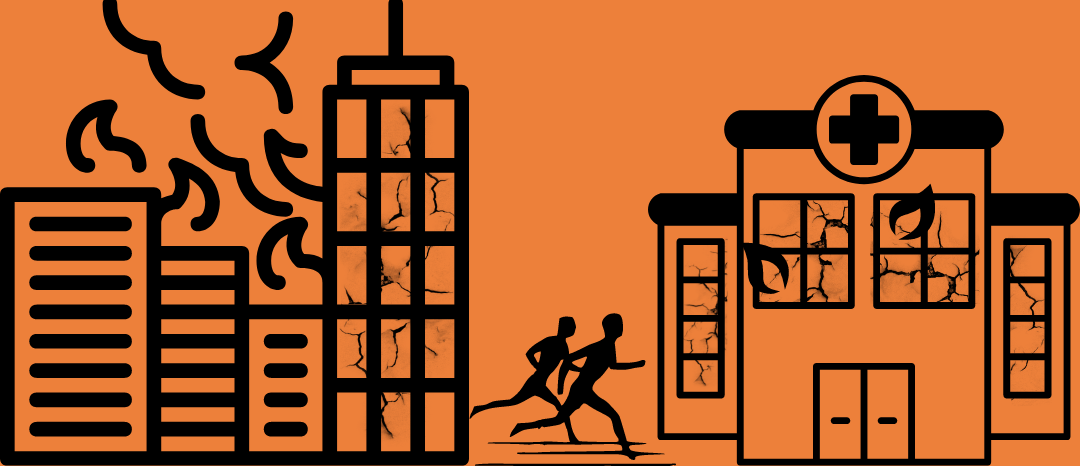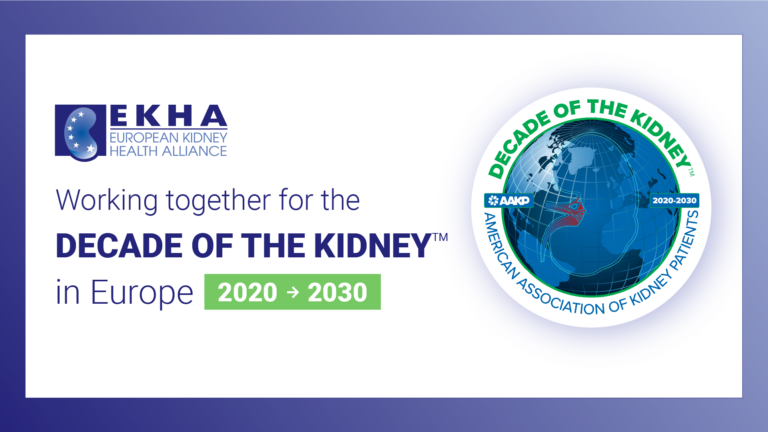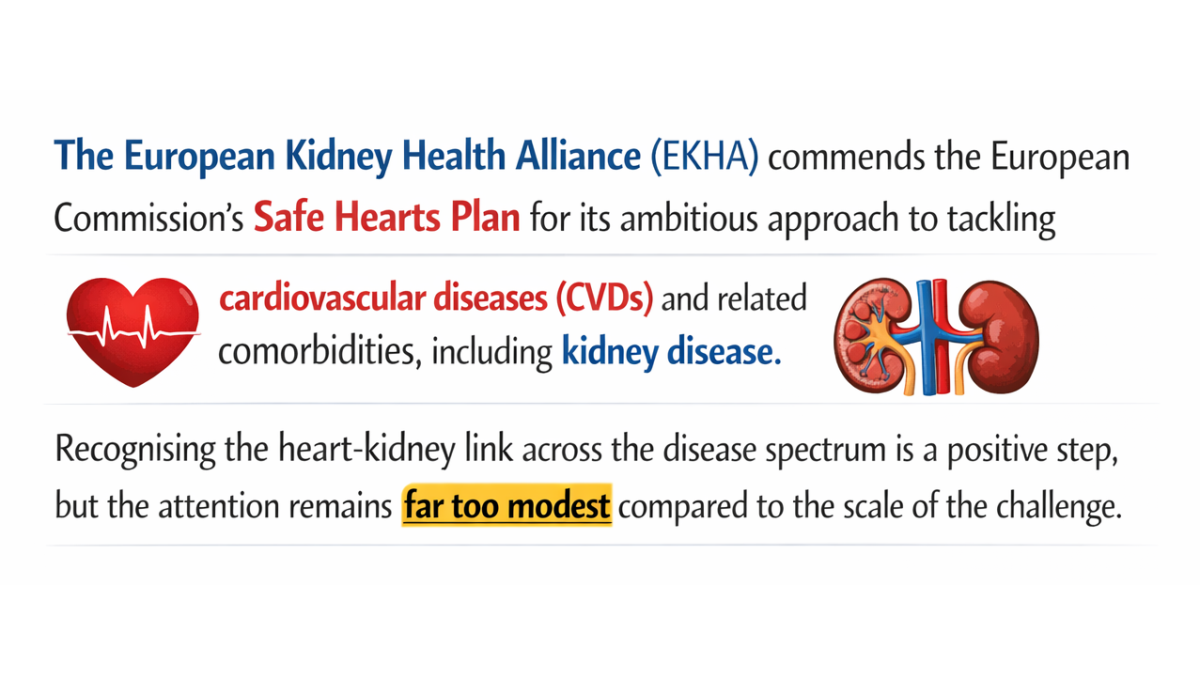Mass Disasters and Burnout in Nephrology Personnel, From Earthquakes and Hurricanes to COVID-19 Pandemic
EKHA recently published an article showcasing the psychological impact of mass disasters on health care workers, particularly in nephrology wards.
It has been observed that during mass disasters, the number of patients with kidney problems drastically increases. For instance, although COVID-19 was first believed to only affect respiratory tracts, it is now known that chronic kidney disease (CKD) is the most common comorbidity in severe COVID-19 patients. However, logistic and medical issues often prevent healthcare workers from adequately answering the demand.
Thus, healthcare personnel working in kidney health is likely to suffer from burnout due to heavy workloads, personnel and material shortages, perceived loss of efficacy, and concerns for personal safety. Disaster relief coordinators, nephrologists on the front-line and haemodialysis nurses are particularly at risk.
The article describes solutions to prevent burnout in disaster circumstances. The overarching message is that prevention is widely preferable to treatment, in particular to ensure effective manpower and avoid malpractice. Therefore, the authors provide recommendations to prevent burnout after disasters, organisational setbacks, and limit individual stress. These recommendations have the potential to significantly minimise the burden of burnout during and after health emergencies
COVID-19 has emphasised the limitations of current healthcare systems in this regard. It is essential that the lessons learned during the pandemic are used to investigate predictors of burnout, as well as solutions to avoid this issue in future disasters.
Access the full article here.











